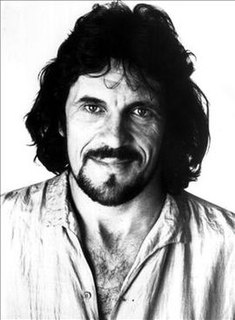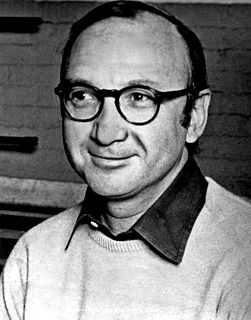A Quote by Paul Laffoley
In other words, you've got a journey as the plot, but it has to be in a lively environment, being able to create the mood. If you read "Pickman's Model," in other words, they're winding their way through the Boston Streets and [H.P.] Lovecraft researched what was there.
Related Quotes
It's called "Pickman's Mephitic Models," based on the story [Pickman's Model by H. P. Lovecraft].Certain things about it many people don't realize. Pickman was a real painter who lived between 1888 and 1926. Now, there's a question mark [gesturing toward the writing in the margins of the painting], because Lovecraft claims that he turned into a ghoul. God knows how old he is now.
We each create a story - a narritive, a picture, an allegory, a model - for what's going on in the universe. And then we fight - sometimes to the death - to make others believe in that model, or to be able to keep believing in it ourselves. In other words, we try to erase contradictory evidence to that model.
[H.P.Lovecraft] is thrust into some kind of outer space realm, like here [pointing toward the painting in progress]. In other words, he's recognized he's gone through R'lyeh, the Sunken City of R'lyeh, and then Cthulhu, the extraterrestrial, calls his band of worshippers home to recognize him as the anti-christ. This is all in The Necronomicon, something Lovecraft actually did make up.
Other people’s words are so important. And then without warning they stop being important, along with all those words of yours that their words prompted you to write. Much of the excitement of a new novel lies in the repudiation of the one written before. Other people’s words are the bridge you use to cross from where you were to wherever you’re going.
If you have words and want to write music for them, the words hit you with a feeling which you can't really describe in words, and so what you do is to put music to them and in this way you make contact with the words, through the musical thing. It happens when two feelings come together and they do something together and they compliment each other.
Words, English words, are full of echoes, of memories, of associations. They have been out and about, on people's lips, in their houses, in the streets, in the fields, for so many centuries. And that is one of the chief difficulties in writing them today -- that they are stored with other meanings, with other memories, and they have contracted so many famous marriages in the past.




























